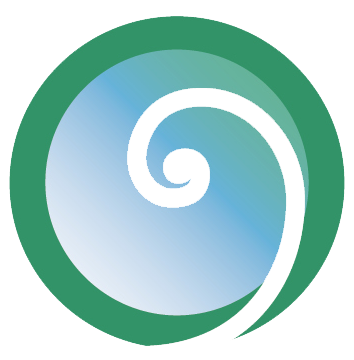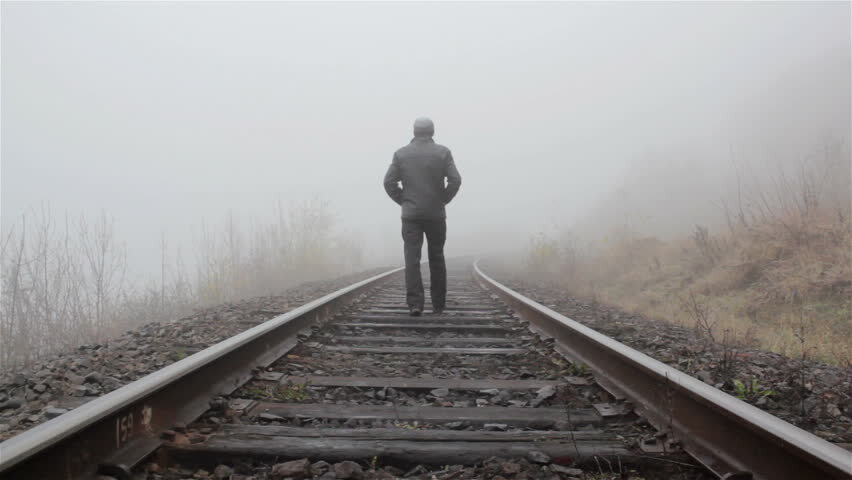Writing is like driving at night in the fog. You can only see as far as your headlights, but you can make the whole trip that way. – E. L. Doctorow
When I consider the many important choices I have made in my life – the decisions that sent me down one road rather than another – they barely seem like choices at all. In hindsight, every program or teacher I’ve followed, every degree or certification I’ve pursued, every major purchase I’ve made and primary relationship I’ve committed to -- it all feels rather inevitable, as though I’ve already written the script and I’m just following it. I can see patterns, and the ways each chapter of my story connects to all the others. Could I have chosen any differently?
At the same time, it feels pretty random. There’s a persistent sense that I could have easily chosen something else, and often nearly did. If we are all here just to play and dance with life, if it’s all one big improvisation, then specific choices aren’t all that significant, they just change the trajectory in life. I might feel like I’m directing that decision-making process, but I’m not.
The interplay between inevitability and randomness is interesting. The sense that I couldn’t possibly have chosen differently arises when a fundamental decision aligns with the natural unfolding of life. When something fits, when we flow with the currents of our being, it can feel like being moved toward an intended destination rather than moving ourselves. The randomness arises from the understanding that we are traveling in foggy conditions, as Doctorow describes. Occasionally the road ahead is very clear, but not often. It feels random because our expectations of what the journey will be like or where it will lead are never met.
This is good news. When it comes to those big life decisions, I am grateful that my direct experience far outweighed whatever ideas my mind could imagine it would be like or where it would take me. Occasionally even my reasons for choosing what I chose were a little random, kind of hovering on the surface and not necessarily coming from a deep place of wisdom. Unconsciously, my innate mindfulness was operating as a driving force in every instance, but my decision-making process involved lists of pros and cons, risk/benefit ratios, data gathering, and consultations with advisors.
In 1982 I researched graduate programs in Theater, intending to get my PhD and eventually a teaching job. I narrowed it down to two schools, one in New York City and one in San Diego. I was accepted into both programs, both offered about the same amount of financial aid, and both held potential for what I wanted. I was living in Minneapolis so either one would mean a big move. I chose New York because, I told myself, it’s the center of theater in the U.S. and because I had at least two friends there, and none in San Diego. The real decision was made by my gut, however. At one point I was so undecided that I flipped a coin. When it kept coming up for San Diego and I kept flipping to see if I could get a different outcome, I realized I wanted to move to New York.
Is that random or inevitable?
I’m digging into this today because I am aware of some fear around uncertainty, in myself and in others. The pandemic and the upheaval of the social fabric and systems of life in the U.S. are forcing us to live with uncertainty more consciously. I feel the frustration as we try to plan a school year or a program or make travel plans. We move along in fits and starts, feeling like we’re taking a couple steps forward then one back. Usually we can ignore how impermanent and conditioned every moment is, and how we have zero control over that. We imagine that the plans we dream up and the actions we intend will bear the fruit we hope for. We can see the steps we need to take and we think by taking them we know our destination clearly.
But now the road is really foggy. The territory ahead is not what we expected it to be and the route has changed to one we’ve never travelled before.
This is not a problem.
The truth is, this has always been the case. That’s why major life choices seem both inevitable – how could it have been any other way? – and random – that decision led to an outcome I could never have chosen.
The good news is that what is true for writing is also true for living. We don’t have to wait for the fog to lift. We don’t have to travel along in anxious contraction just because we aren’t sure what’s up ahead. We can let go of the notion that we can predict or control, even by the choices we make, the future that lies ahead. Take that pressure off yourself, relax your grip on the steering wheel. Do you have working headlights? Can you trust the amount of available light to show you what you need to see?
We can indeed make the whole trip that way, and right now we especially need to.
We don’t have to wait for some grand utopian future. The future is an endless succession of presents, and to live now as we think humans should live, in defiance of all that is bad around us, is itself a marvelous victory. -- Howard Zinn


